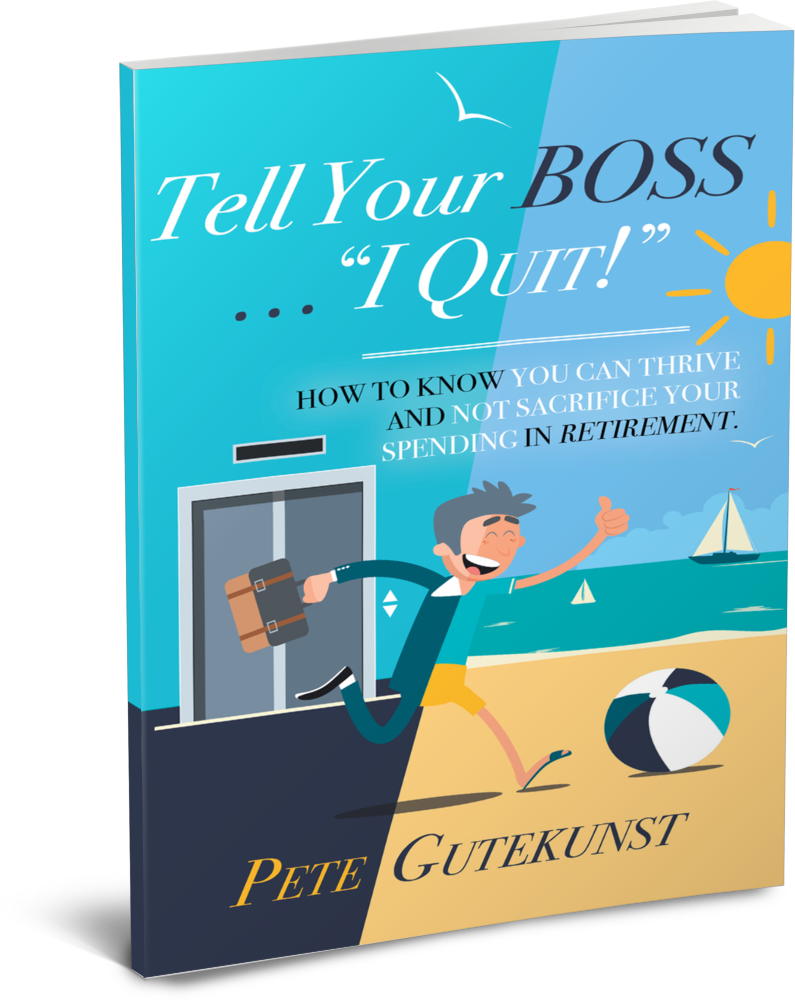Retirement planning can seem like a daunting task. While the image of lounging on the beach or pursuing lifelong hobbies can be quite enticing, it’s also accompanied by serious financial questions. Among the most critical concerns that arise during such discussions are inflation and the growing costs of healthcare. Both factors can significantly shape the outcome of your retirement strategy, and having a solid understanding of them is vital for ensuring a comfortable and financially confident future.
Let’s start with inflation. It’s a word you might have come across in the news or in financial discussions. In simple terms, it refers to the slow and steady increase in prices over time. That candy bar you could buy for a dime in your childhood now costs a dollar, right? This example is an easy-to-understand demonstration of inflation in action.
But how does inflation affect your retirement plan? It’s all about the future purchasing power of your hard-earned money. Imagine that if you’re spending $50,000 annually now, in 30 years (yes, retirements can last that long!), you’ll need significantly more just to maintain the same lifestyle. This scenario is not about living extravagantly; it’s about affording the same basic necessities of life considering the inevitable price increase due to inflation. So, when planning for retirement, you need to look beyond the present and strategize for rising costs in the future.
When addressing expenses, it’s common to hear people say they’ll spend less as they age. After all, there might be less globetrotting, fewer fancy dinners, and maybe a simpler lifestyle in general. While this might be true to an extent, there’s a key expense that doesn’t conveniently decline as we age: healthcare.
Healthcare costs often move in the opposite direction of our age—they rise as we get older. The reasons are numerous, ranging from increased needs for medications and routine checkups to higher chances of surgeries and specialized care. More often than not, these increased costs aren’t small changes; they can significantly impact your retirement budget.
Interestingly, healthcare costs might be an invisible part of your budget right now. If you’re employed, chances are your employer is bearing a portion, if not all, of your health insurance premiums. And if you’re self-employed, these costs might be absorbed at the business level. However, when the time comes to leave the workforce, the responsibility of health insurance premiums may fall squarely on your shoulders, adding a significant monthly expense that wasn’t a part of your pre-retirement budget.
Reaching the age of 65 might bring the relief of qualifying for Medicare, but it’s crucial to remember that this government insurance isn’t free. Medicare Part B premiums, for instance, remain a responsibility for retirees. More importantly, these expenses have been known to rise faster than the overall rate of inflation, making it imperative to factor these potential costs into your retirement plan and account for their growth over time.
Faced with these realities, the decision to retire requires careful consideration, especially when thinking about healthcare costs. Continuing to work until age 65 could potentially bypass the substantial insurance premiums you would need to shoulder if you retired earlier. In the long run, this choice could contribute to a more sustainable retirement strategy.
Inflation and rising healthcare costs might seem like formidable challenges—and they are. However, they aren’t invincible foes. With comprehensive planning and understanding, it’s possible to devise a retirement strategy that not only preserves your current lifestyle but also paves the way for its evolution in your golden years.
The most important thing to remember when making your plan is not to focus solely on the income you’re making now but also on how it can potentially be grown to keep pace with future expenses. After all, a dollar today will not have the same value in the future due to inflation, and healthcare costs will not remain static, especially during retirement.
However, with a strategy designed to factor in these variables, you can not only look forward to a financially confident future but also one that allows you to enjoy the fruits of your labor. As you map out your journey to retirement, always remember that proper planning is the best safeguard against unforeseen challenges. Knowing what lies ahead enables you to equip yourself adequately, turning potential threats into manageable bumps on the road to a comfortable retirement.
The information contained in this article does not purport to be a complete description of the securities, markets, or developments referred to in this material. The information has been obtained from sources considered to be reliable, but we do not guarantee that the foregoing material is accurate or complete. Any opinions are those of Peter Gutekunst and not necessarily those of Raymond James. Expressions of opinion are as of this date and are subject to change without notice. There is no guarantee that these statements, opinions or forecasts provided herein will prove to be correct. Investing involves risk and you may incur a profit or loss regardless of strategy selected.
Every investor’s situation is unique and you should consider your investment goals, risk tolerance and time horizon before making any investment. Prior to making an investment decision, please consult with your financial advisor about your individual situation.






